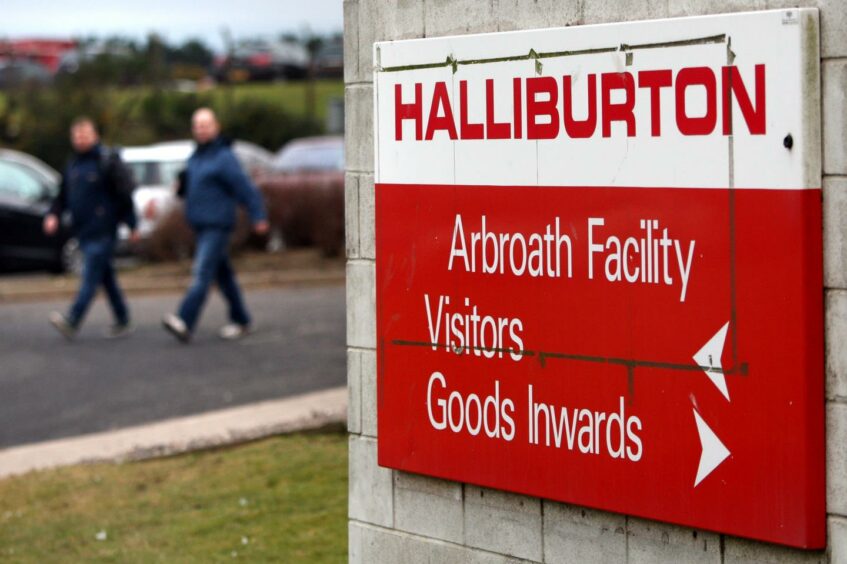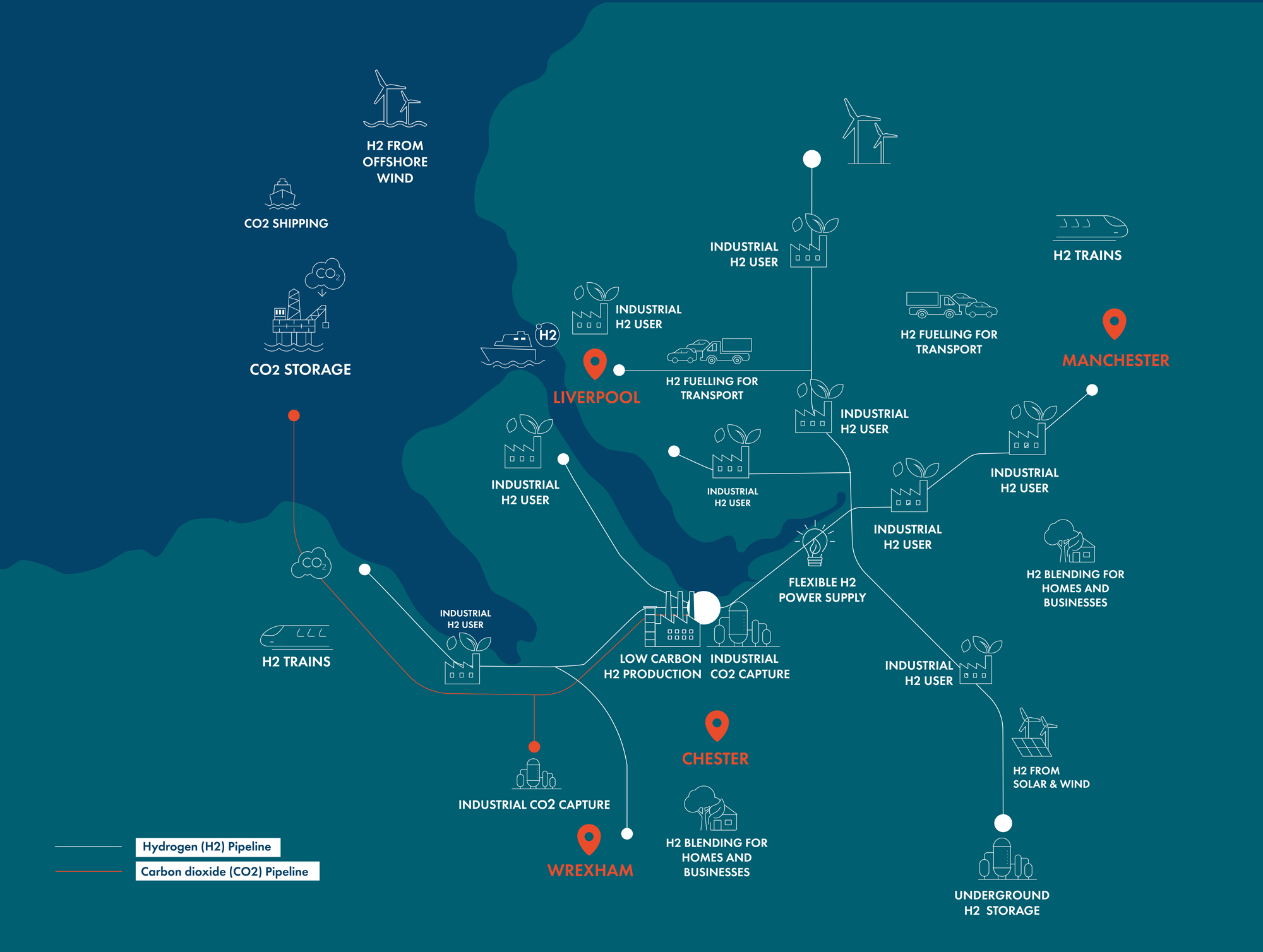
The global services giant will provide equipment and support for the carbon sequestration scheme in Liverpool Bay, northwest England.
Halliburton (NYSE:HAL) announced on Monday that it has secured an award to provide completions, liners, and monitoring products and services for the carbon capture and storage (CCS) system as part of the HyNet North West project scheme.
HyNet will see the capturing of carbon dioxide emissions from industrial sectors across the North-West of England and North Wales, which energy group Eni will transport and store in its depleted gas reservoirs in Liverpool Bay.
It’s one of two major schemes – the other being the East Coast Cluster – to receive government backing as part of the so-called Track 1 sequencing programme, announced in 2021.
These will form a main plank in the government’s goal to capture 20-30 million tonnes per year of CO2 by 2030.
Eni struck 19 early stage agreements in February, with an initial phase at HyNet set to involve the storage of 4.5mn tpy of CO2 and a longer term target of 10mn tpy beyond 2030.
Front-end engineering and design (FEED) studies are under way on the project and a final investment decision (FID) is slated for later this year. This would allow it to begin capturing CO2 in 2025.
Halliburton said it would manufacture and deliver the HyNet equipment from its UK completion manufacturing centre in Arbroath.
The services firm’s UK headquarters lie further north in Aberdeen, alongside another base in Montrose.
“Halliburton is excited to develop and deliver innovative well completions and monitoring solutions for this groundbreaking CCS project,” said Jean Marc Lopez, Europe, Eurasia and Sub Saharan African (EESSA) vice president.
“This project provides a great opportunity to expand our completions activity and showcase Halliburton’s leadership in CCS projects. We look forward to providing our services to support the HyNet project.”
Meanwhile, a report prepared by Halliburton’s consulting division suggested that the development of 28 carbon storage wells at three key hubs off north-east Scotland could offer around $1bn worth of work and enough storage capacity to meet the demands of the Scottish Cluster.
Recommended for you

 © HyNet
© HyNet